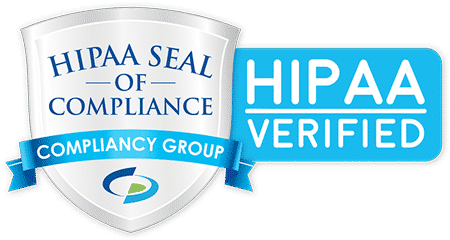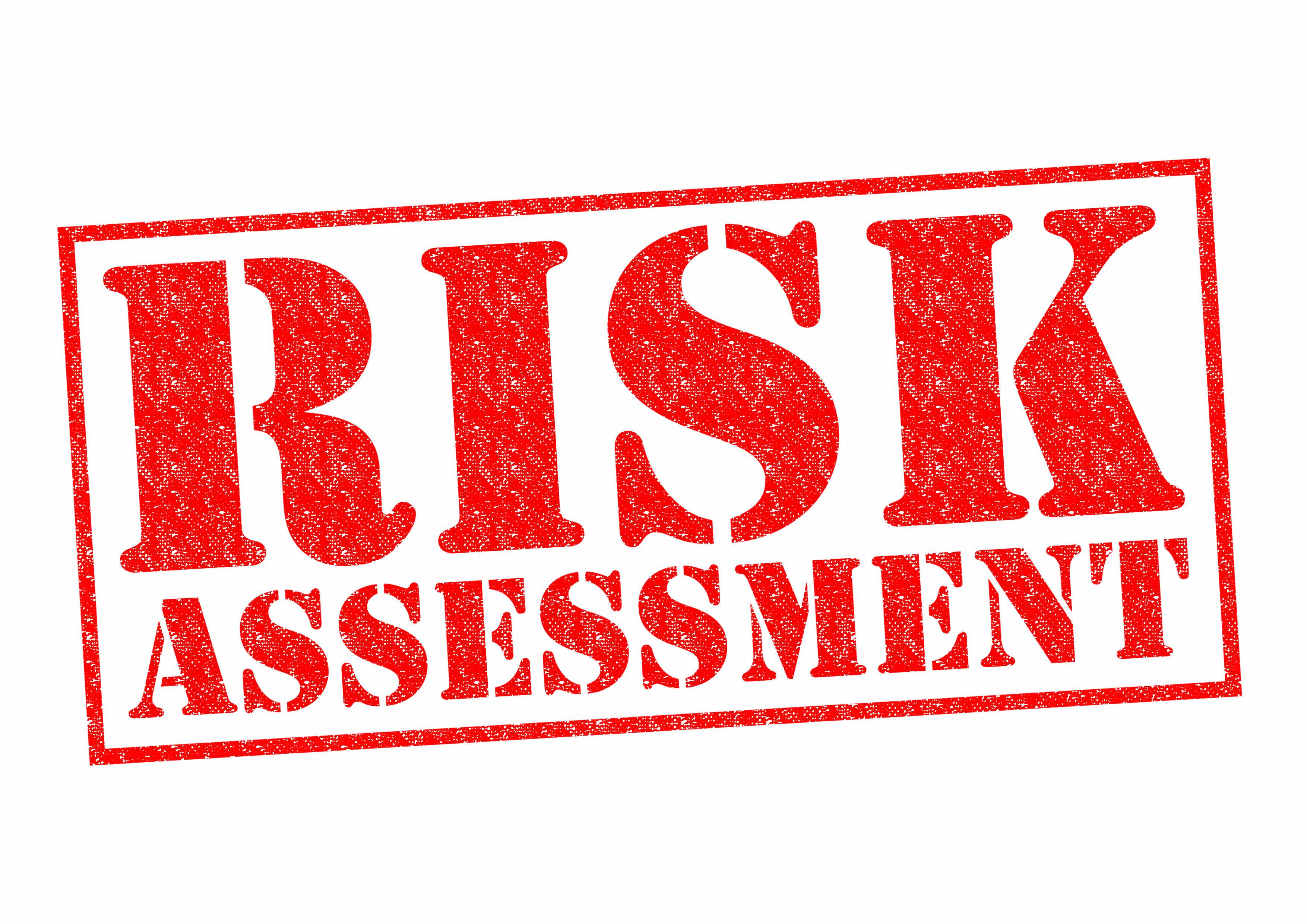HIPAA Risk Assessment Software
The tool you need to complete your risk assessment

The importance of your HIPAA Risk Assessment
HIPAA Risk Assessment Software is an important part of HIPAA compliance, MIPS, and Meaningful Use. Because of widespread misconceptions in the market, many health care players don’t realize that a risk assessment alone will not satisfy MIPS/Meaningful Use or make you HIPAA compliant. HIPAA Risk Assessments are a good start, but there are many other federal standards and regulatory requirements that you need in your organization. Using a total HIPAA risk assessment software that addresses your security risk assessment will allow you to satisfy Meaningful Use, while also addressing ALL of the necessary qualifications to become fully HIPAA compliant.
The Guard™ software is your total HIPAA Risk Assessment tool and HIPAA Compliance solution in one web-based platform. Users are guided by our compliance risk assessment software team of expert Compliance Coaches to Achieve, Illustrate, and Maintain™ their compliance.
Why do I need a HIPAA Risk Assessment or HIPAA Risk Analysis?
A HIPAA risk assessment is used to determine key risk factors–or gaps–that need remediation within your healthcare business or organization.
Your HIPAA Security Risk Assessment requires you to audit your organization on the following parts of the HIPAA rule: Administrative, Physical, and Technical Safeguards. A Risk Assessment alone will NOT make you HIPAA compliant. Instead, think of it as laying the groundwork for the rest of your compliance plan. Once you’ve conducted your HIPAA risk assessment using The Guard™ software and risk assessment tool, you’ll be able to identify any gaps in your HIPAA compliance, and create the robust remediation plans required by federal regulation.
What is the scope of a HIPAA Risk Assessment?

A HIPAA Risk Assessment is a targeted assessment of gaps in your organization’s compliance with HIPAA regulation. HIPAA Risk Assessments will measure your organization against the federal regulatory requirements, and produce a report. These reports tell you exactly where your organization’s gaps are. From there, you must remediate those gaps with documented remediation plans and HIPAA Policies and Procedures.
Use our HIPAA Risk Assessment Tool to address your HIPAA Risk Assessment Requirements!
• Risk analysis procedures and demonstration of a risk management process;
• Policies and procedures relevant to operational security, including business associate security requirements;
• Protected health information (PHI) access restriction requirements and controls;
• Incident response procedures and disaster recovery plan; and
• Evidence of periodic technical and non technical reviews.
• Physical access controls, such as building access and appropriate record keeping;
• Policies and procedures for workstation security; and
• Proper usage, storage, and disposal of data storage devices.
• Auditing and audit procedures;
• Use of encryption devices and tools if deemed appropriate; and
• Implementation of technology to ensure confidentiality, integrity, and availability of PHI.





